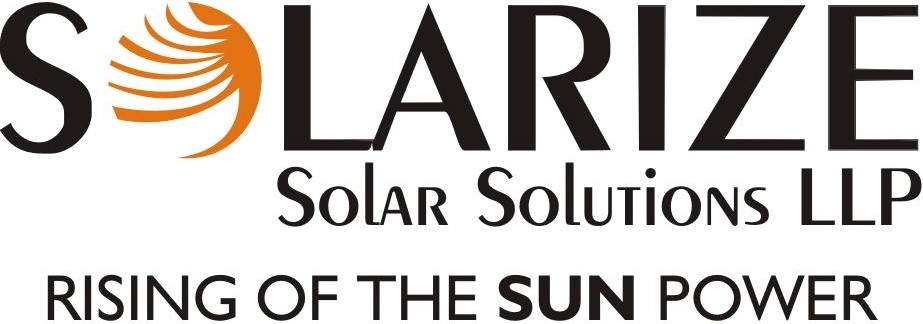
Optimizing Supply Chains with Smart and Efficient Digital Solutions
The logistics industry is at the heart of global commerce, driving the movement of goods with increasing complexity and speed. Digital transformation is revolutionizing logistics by improving transparency, efficiency, and coordination across the supply chain. Modern logistics solutions focus on real-time tracking, route optimization, and automation to meet growing demands while reducing costs and environmental impact.
Consult Our ExpertsTrusted by conglomerates, enterprises, and startups alike







Our Solutions:
Fleet Management Systems
Real-time tracking and management of vehicle fleets for improved operational efficiency. Features include route planning, fuel monitoring, and driver behavior analysis.
Warehouse Management Solutions
Automating inventory control, order fulfillment, and space utilization within warehouses. Integrating barcode and RFID technologies for accurate tracking.
Supply Chain Visibility Platforms
End-to-end tracking of goods across suppliers, warehouses, and delivery networks. Providing dashboards and alerts to enhance decision-making and risk management.
Transportation Management Systems (TMS)
Planning, executing, and optimizing the physical movement of goods. Includes load optimization, carrier management, and freight auditing.
Last-Mile Delivery Solutions
Technologies for efficient, timely delivery to end customers, including route optimization and delivery tracking. Integration with customer communication tools for real-time updates.
Data Analytics & Reporting
Analyzing logistics data to identify bottlenecks, improve processes, and forecast demand. Customizable reports to support strategic planning and operational improvements.
Emerging Technologies in Logistics:
The logistics sector is rapidly adopting innovative technologies to enhance efficiency and resilience:
Internet of Things (IoT)
Connected sensors provide real-time data on shipments, vehicle conditions, and environmental factors.
Artificial Intelligence (AI) & Machine Learning
AI-driven demand forecasting, predictive maintenance, and dynamic route optimization.
Blockchain
Securing transparent, tamper-proof records of transactions and shipments to enhance trust and traceability.
Autonomous Vehicles & Drones
Automated transport and delivery solutions to reduce costs and improve speed.
Robotic Process Automation (RPA)
Streamlining repetitive tasks like order processing and invoicing to increase accuracy.
Big Data Analytics
Leveraging vast datasets to improve supply chain visibility, risk management, and customer service.
Our Technology Experts Are Change Catalysts
Book A Free Consultation Call With Our Experts Today
Frequently Asked Questions
Find answers to the most common questions about our Logistics Technology Solutions
Our FMS provides real-time GPS tracking, route optimization, fuel management, maintenance scheduling, and driver behavior monitoring. This leads to reduced operational costs, improved delivery times, and enhanced fleet safety.
Our WMS includes features like automated inventory tracking (using barcode/RFID), order picking and packing optimization, space utilization management, labor management, and seamless integration with ERP and TMS systems.
It provides end-to-end visibility by integrating data from various sources (suppliers, carriers, IoT devices). You get real-time dashboards, alerts for exceptions, and predictive analytics to proactively manage your supply chain.
Yes, our TMS is designed to manage complex logistics, including multi-modal transportation, international shipping, freight auditing, carrier selection, load optimization, and real-time shipment tracking.
We leverage route optimization algorithms, real-time GPS tracking, mobile apps for drivers, automated customer notifications (SMS/email), proof of delivery (e-signatures, photos), and integration with e-commerce platforms.
Data analytics provides actionable insights into performance metrics, cost drivers, demand patterns, and potential disruptions. This helps in optimizing routes, reducing fuel consumption, improving inventory management, enhancing customer service, and making informed strategic decisions.
No matching questions found
Try a different search term or browse through our categories